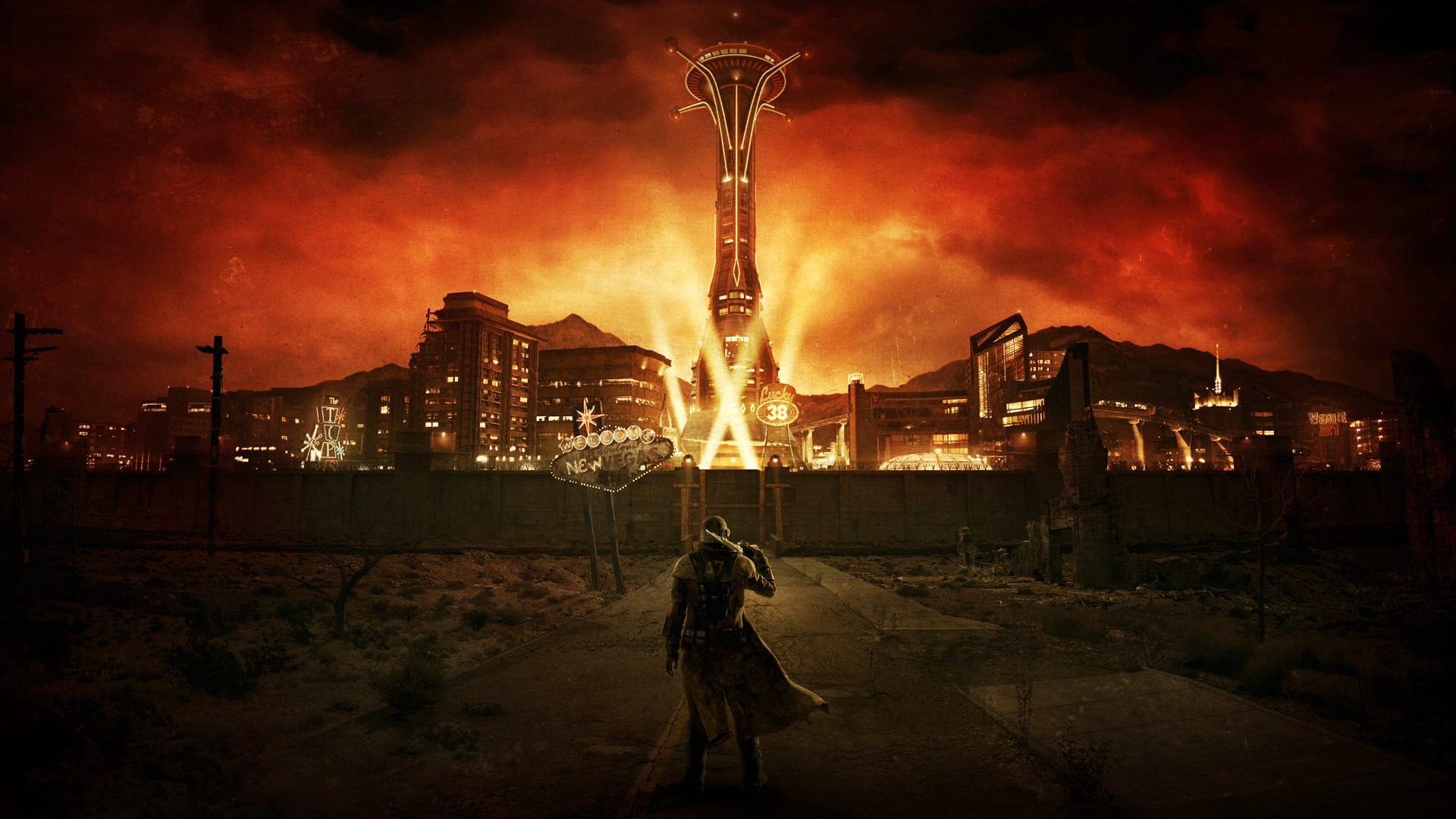A game that is over a decade old is probably still the best RPG of all time.
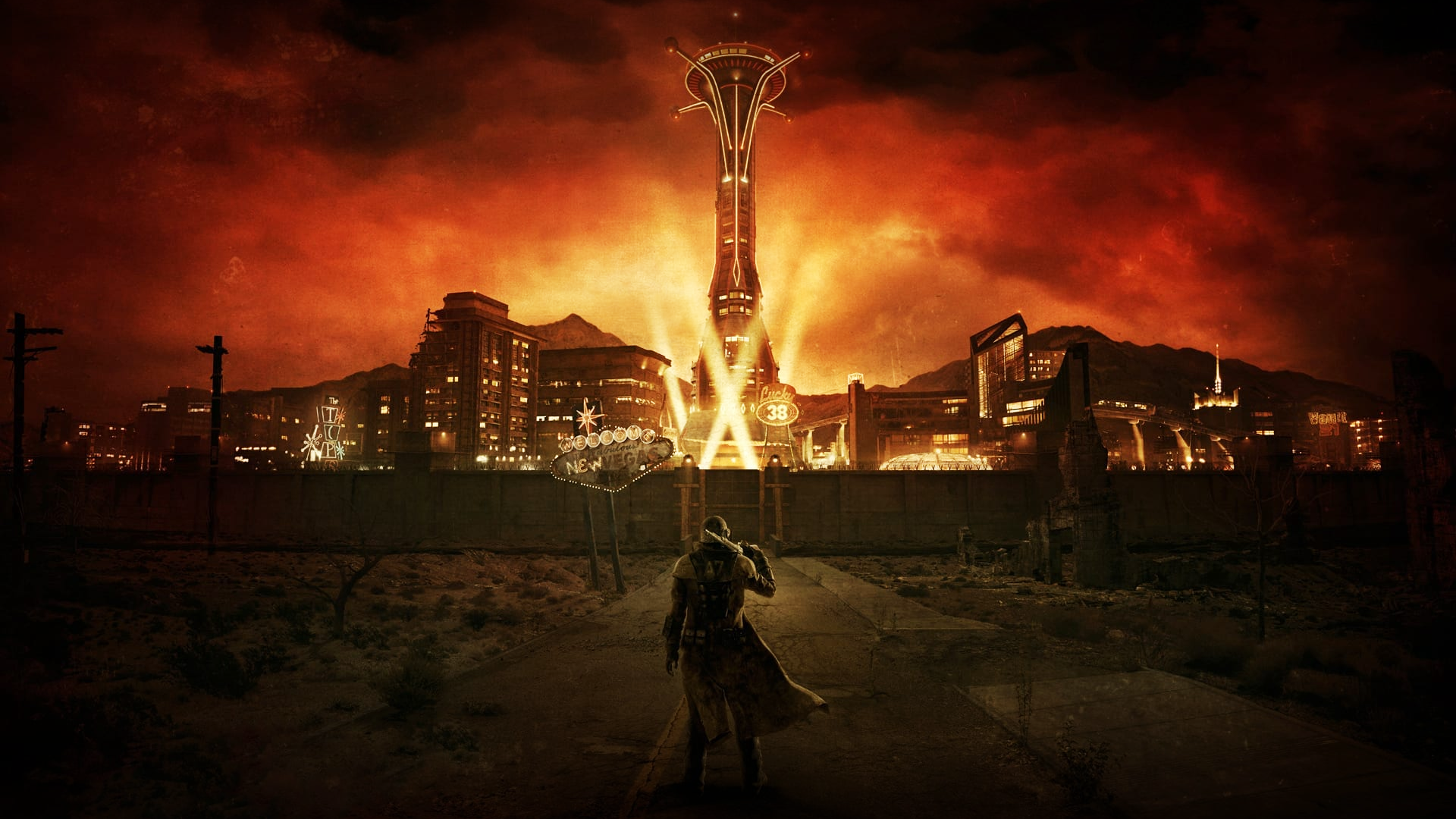
The Witcher, Elder Scrolls, and all the other Fallout games are considered outstanding role-playing games. But why does Fallout: New Vegas perhaps surpass them all? An insight into the change in game design and why it might be time to take a step back.
A Wacky Start
Summarizing the entire history of Fallout: New Vegas' development would go beyond the scope of this article. So here's the short version. As most people already know, Fallout was not created by Bethesda. It was Interplay, who were responsible for the first two installments of the successful post-apocalyptic series.
Even back then, Fallout was praised for its immersive gameplay, the many decisions that make for a truly unique experience, and the interesting characters that would also play a role in the next installments.
This is also where the basic concept was born, with vaults designed to protect the remaining human population from the radioactive environment and build a better civilization. After the unique atmosphere and an ending that stayed with players for decades, the question arose: What happens next?
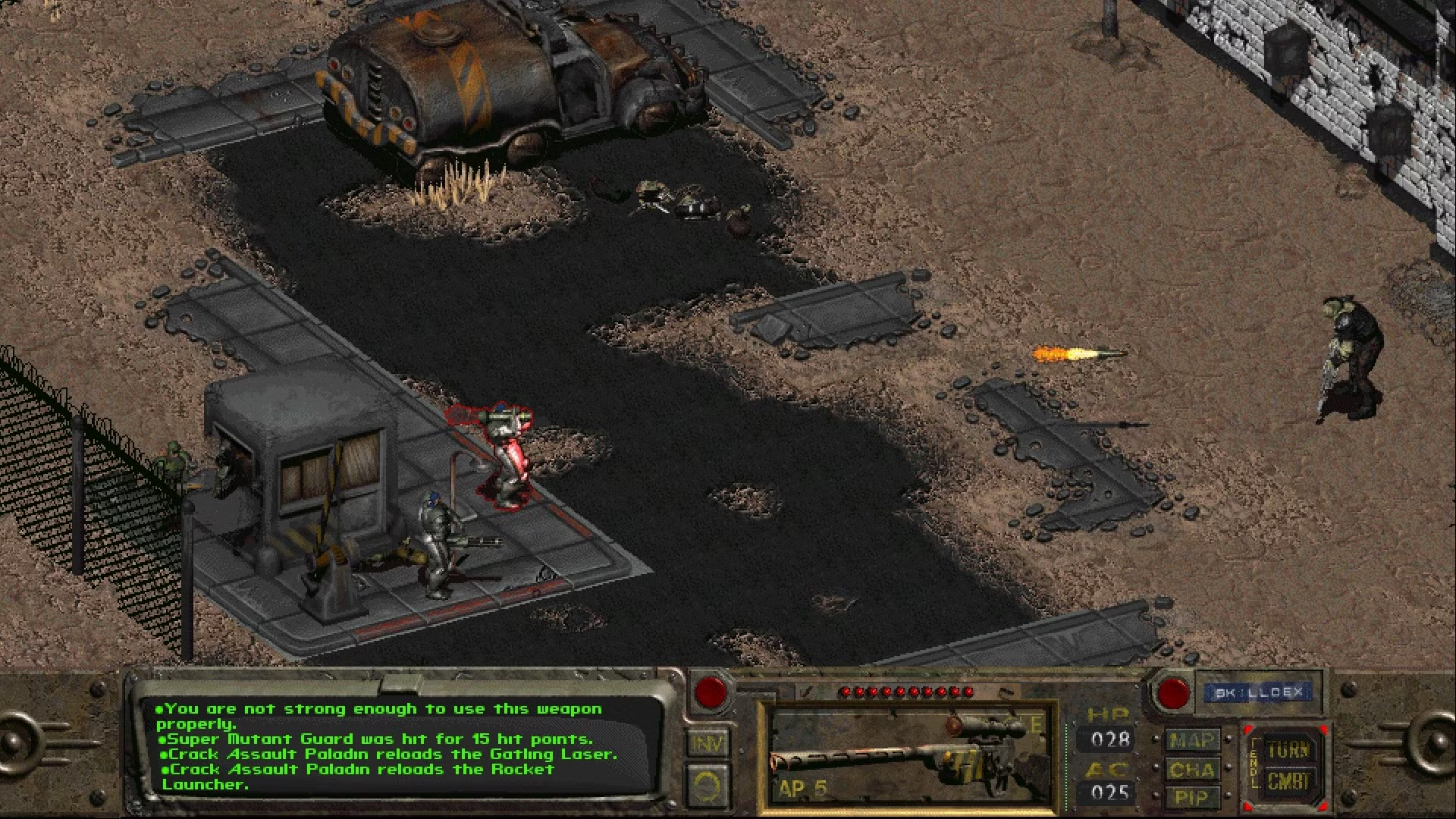
Todd Howard Saved New Vegas
The near future was kinda scary: Interplay failed to develop the series in any meaningful way, and several spin-offs appeared that neither shared the same gameplay nor conveyed the Fallout feel in any way.
This led to the failure of the "Van Buren" project, which is still considered a forgotten, potentially significant gem. The constant problems with Interplay led some of the people who worked on the original two parts to found a company you may have heard of: Obsidian Entertainment. Bethesda ultimately purchased the license for Fallout and went on to develop Fallout 3, which received considerable praise at the time. For the next installment, however, Bethesda decided to take an interesting step. What was initially intended to be DLC became a standalone game at Todd Howard's request, and it was immediately clear who to ask.
Eighteen months later, in October 2010, Fallout: New Vegas finally arrived after a very bumpy start.
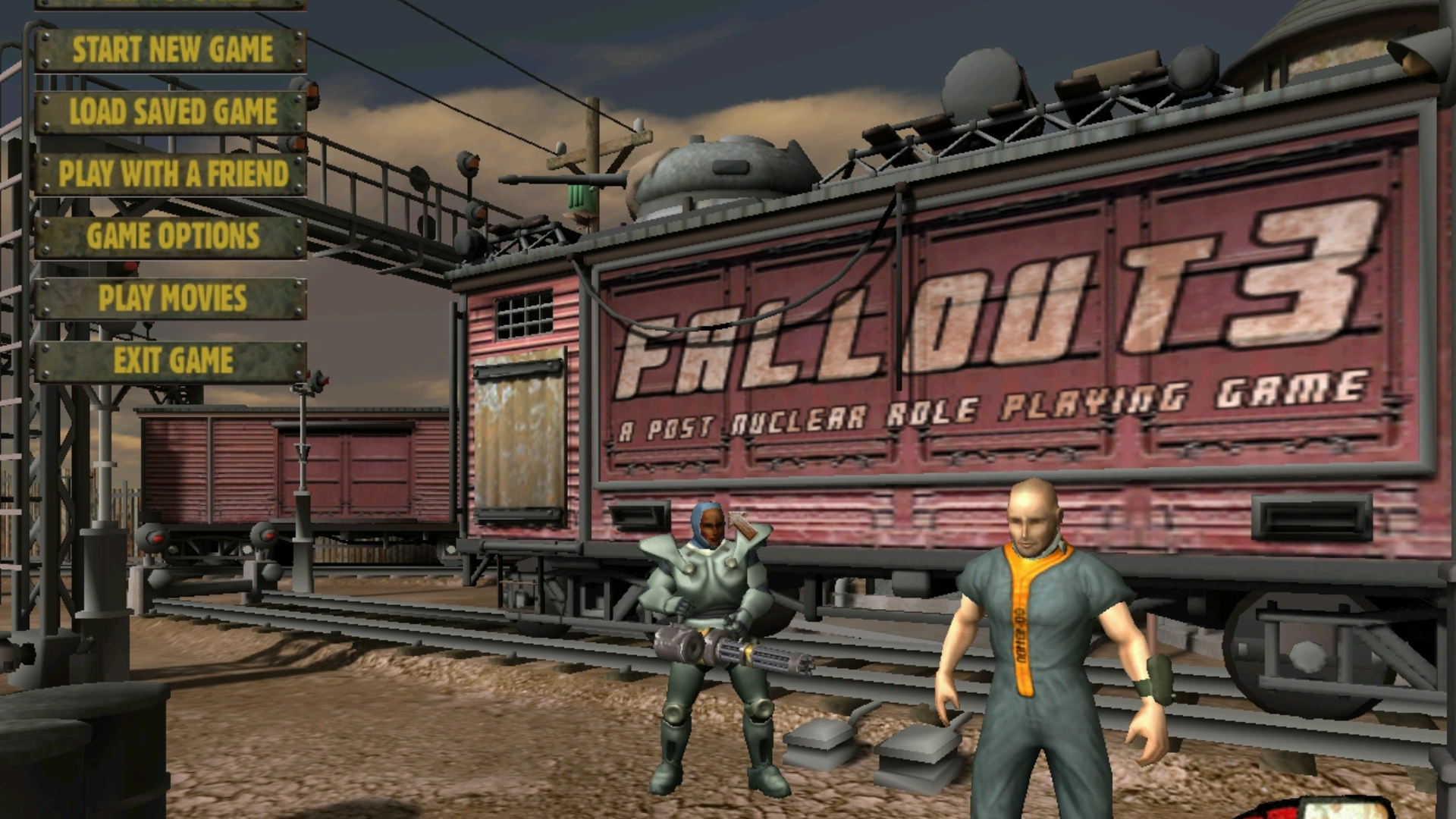
"Truth Is... The Game Was Rigged From The Start"
How is it possible that a game that requires mods to even run without crashing every few minutes has 96% positive reviews on Steam?
Anyone who has already played Fallout: New Vegas will surely remember their experience well. Download New Vegas, play it, get annoyed that the game crashed three times in the first 10 minutes, download NVAC (New Vegas Anti Crash) and the 4GB RAM Patcher, try again. And after a short time, everything is forgotten. Because who doesn't want to track down Benny and finish him off right away? On the way there, however, we quickly realize that New Vegas is simply not like any other RPG.
Right in the first town, Goodsprings, we have an incredible number of options for completing the missions. Do we sneak around quietly with our stealth stat? Do we resort to brutal violence, or do we use our eloquence to approach the situation peacefully? While that alone is very impressive, the story is simply captivating because we make our own, sometimes morally questionable decisions, while the whole world feels so real: whether it's our companion who was brutally separated from her lover, or groups that aren't as nice as they seem beneath the surface.
In 18 months, Obsidian managed to create a game with 730 named locations, along with multi-layered characters and companions that you actually like, all set to the best music from the 40s to the early 60s.
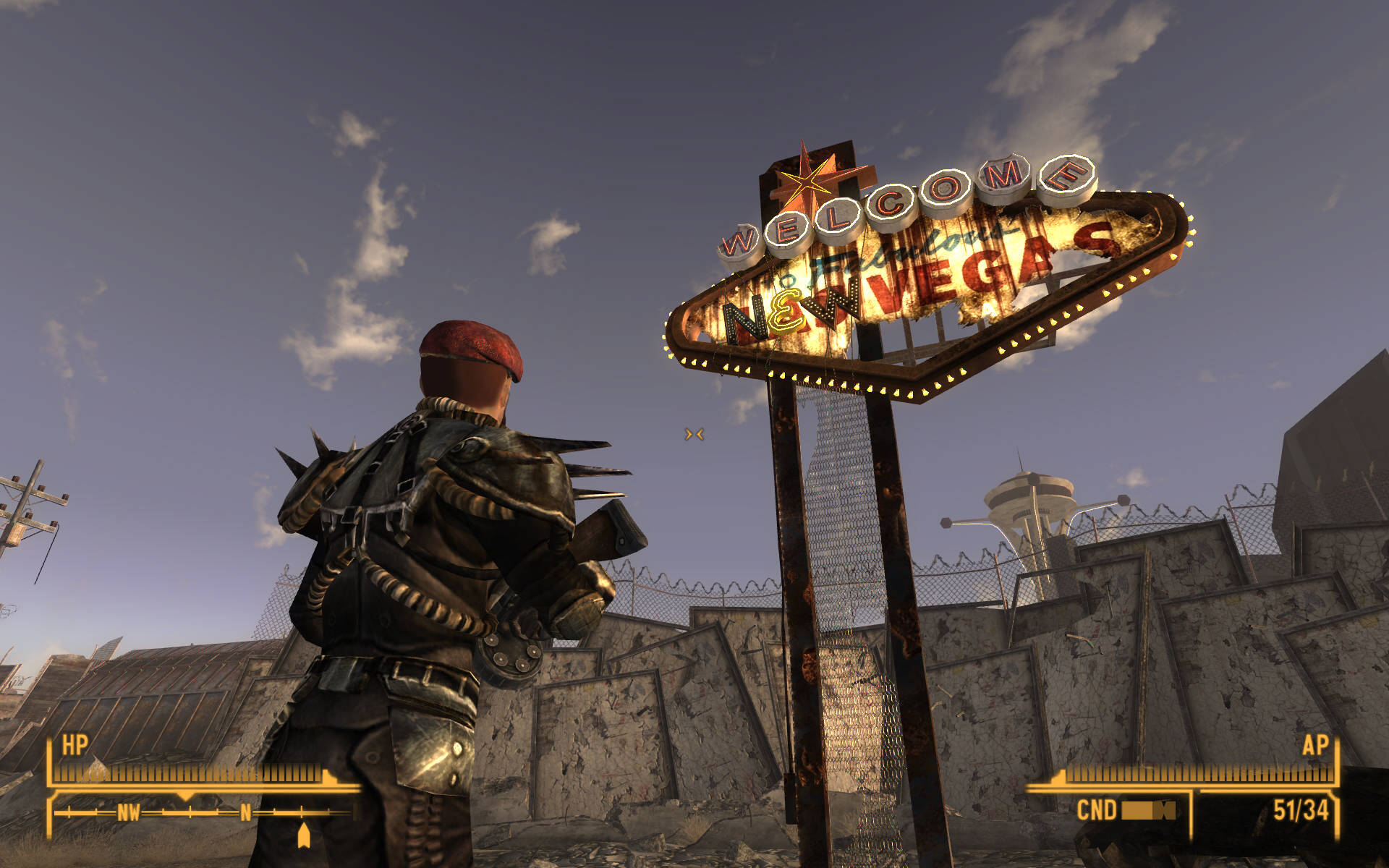
Still Popular With Fans Today
So it's no surprise that the game still has a very loyal community behind it and still has up to 8,000 players online at any given time. However, Fallout: New Vegas highlights what is missing from games today. The game runs on the same engine as Fallout 3 and the original The Elder Scrolls 4: Oblivion, which was already outdated at the time. Bethesda only gave Obsidian 18 months to develop the game so that it wouldn't overlap with the launch of the still-popular role-playing classic Skyrim.
Although the graphics aren't the best and are plagued by bugs and glitches, New Vegas does one thing differently: you're in control. The focus is on the story, the voice acting, and the individual missions, which you can complete however you want.
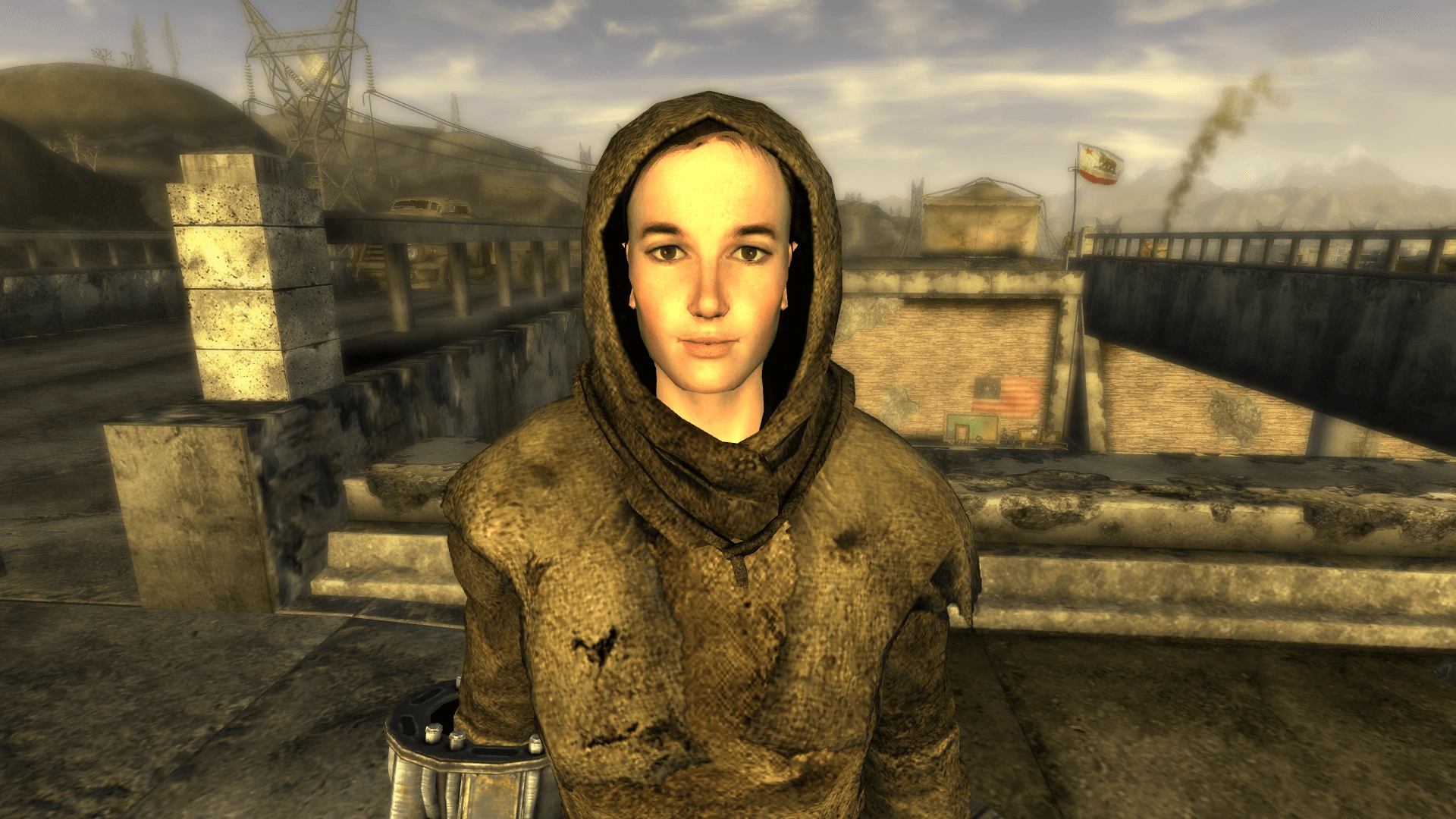
The gameplay element that makes this most clear is that you can theoretically kill every person in the game and the game will continue. No game over, no "mission failed" — you just have to find other ways to move forward. It's up to you — and you're just an ordinary courier, not the last survivor or a celebrated hero. It feels natural that ALL of our decisions have an impact on the world, not just the ones that are predetermined and determine our story.
A Step Back Would Be A Step Forward
Nowadays, it's pretty rare to see games that push the limits. More and more games are getting big budgets and long development times, hoping to be the next big hit. Fallout: New Vegas just didn't have that luxury.
However, with high-resolution textures, the same engine used over and over again to make games look great, and recycled concepts, we repeatedly found that these very games seemed unfinished or simply lifeless, and somehow ended up being mediocre or simply failing to appeal to players. Isn't it perhaps time to go back to basics?
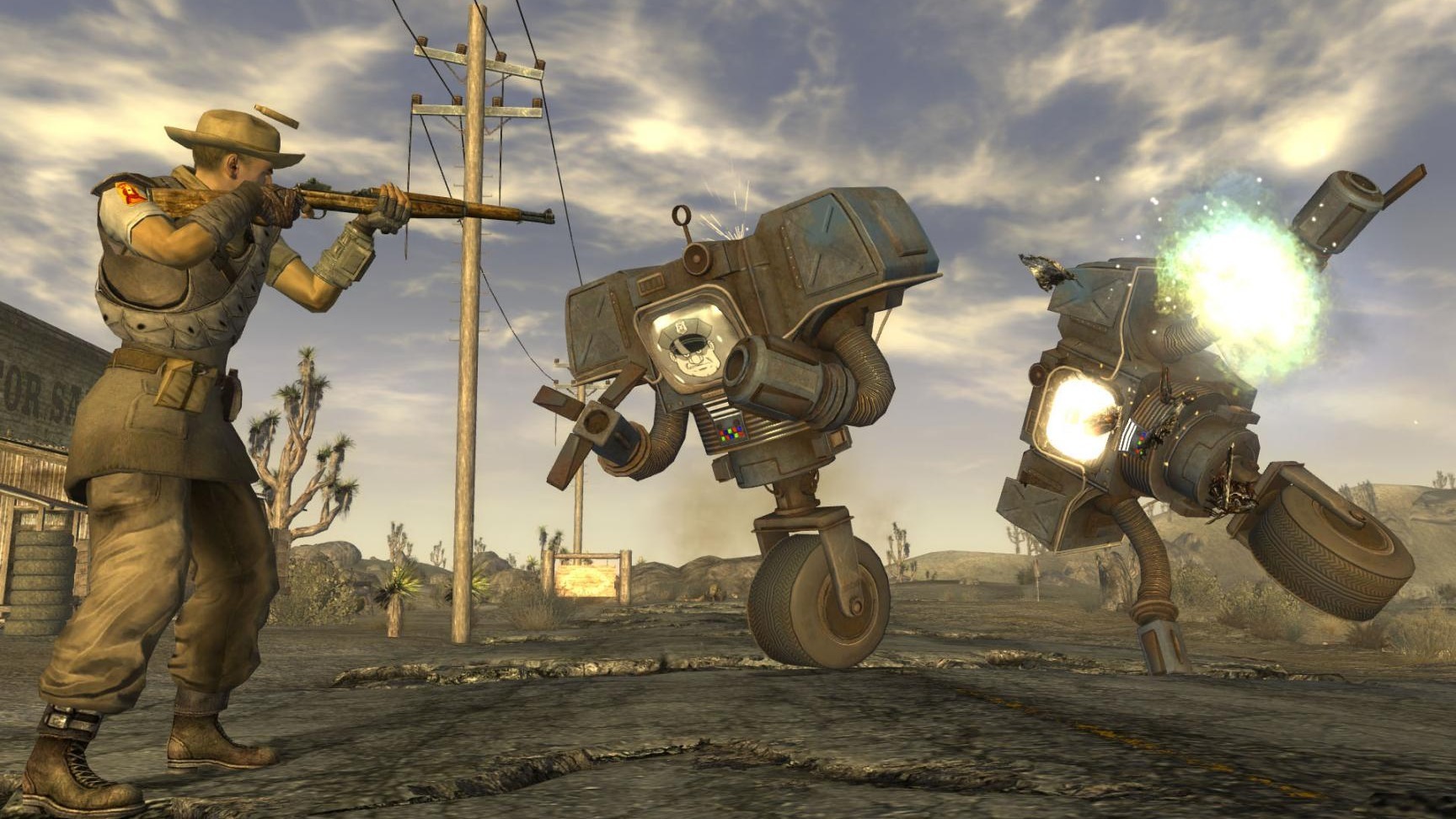
Many gamers today feel that more emphasis is being placed on graphics so that we can immerse ourselves in these artificially generated worlds. But games like Fallout: New Vegas, Oblivion, The Witcher, Red Dead Redemption, and indie games like Inscryption keep reminding us that it's not just the graphics that captivate us, but a good game concept with a compelling story, varied quests, and innovative gameplay that can trump those that just look good.
What do you think? Which role-playing game has left a lasting impression on you?


































